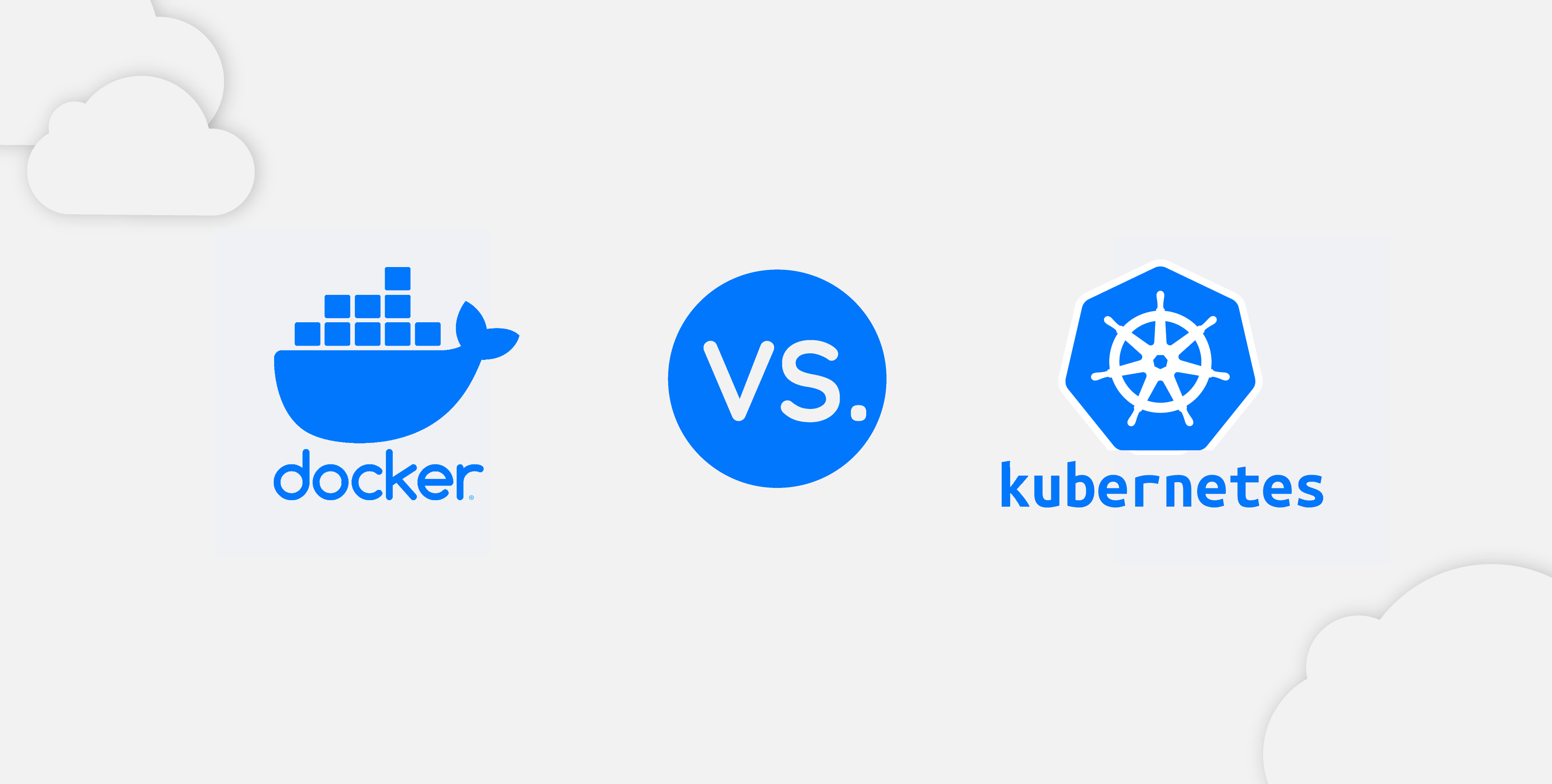Kubernetes vs Docker: In this blog post, we are going to cover the most common question we got in our Docker vs Kubernetes and Docker Limitations. Docker is a platform as a service(PaaS) product that is used to use applications on containers and Kubernetes is a container orchestration platform used to manage multiple containers.
Kubernetes vs Docker
A fundamental difference between Kubernetes and Docker is that Kubernetes is meant to run across a cluster while Docker runs on a single node. Docker is the most popular container platform and Kubernetes is a platform for managing containerized workloads. Kubernetes can work with any containerization technology. Kubernetes helps with Docker networking, load-balancing, security, and scaling across all Kubernetes nodes which run your containers.
| Docker Containers | Kubernetes |
| Docker is the tool to deploy containers. | Kubernetes is a Container Orchestration tool. |
| Docker runs on a single node. | Kubernetes is meant to run across a cluster |
| In Docker Communication between two different nodes is not possible. | Using Kubernetes different nodes can communicate with each other. |
| Docker Swarm is used to managing containers which comes with the enterprise edition and not preferred by most companies. | Kubernetes is an open-source platform also, this is widely used in industries. |
| Docker automatic scaling and failover for your application running on the container not possible. | Kubernetes takes care of scaling and failover for your application running on the container. |
What is docker?
Docker is an open-source platform based on Linux containers for developing, shipping, and running applications inside containers. we can deploy many containers simultaneously on a given host. Containers are very fast and lightweight because they don’t need the extra load of a hypervisor in comparison to the virtual machines because they run directly within the host machine’s kernel.
Also read: our blog on Kubernetes Networking Services
What is Kubernetes?
In organizations, multiple numbers containers running on multiple hosts at a time so it is very hard to manage all the containers together we use Kubernetes. This is an open-source platform for managing containerized workloads and services. Kubernetes takes care of scaling and failover for your application running on the container.
Docker Limitations

a) Dynamic IP: The problem with docker is it uses a dynamic IP address. When we restart the container the IP address will change because IP is not static in Docker.
b) Ephemeral data storage: In docker storage, we have Ephemeral storage, not persistence storage due to this all of the data inside a container disappears forever when the container shuts down.
c) Confined to Single Host: In Docker, we can multiple containers on different hosts. Inside a single host, we can connect multiple containers to each other via a bridge network but we can’t connect two containers that are running on different hosts.
